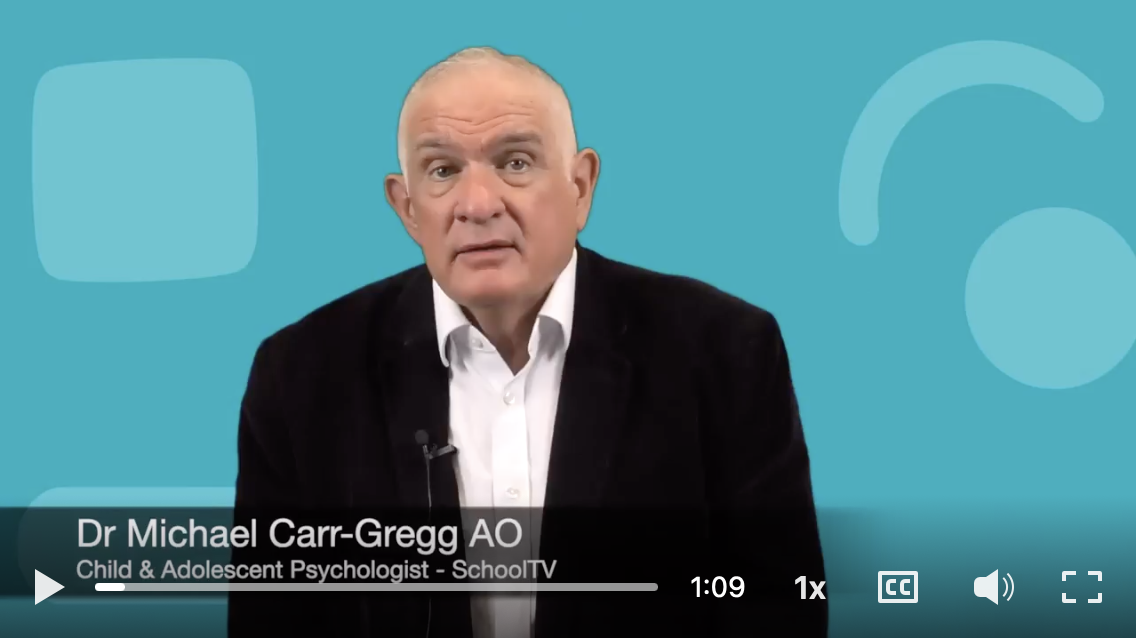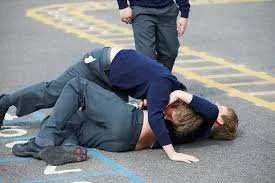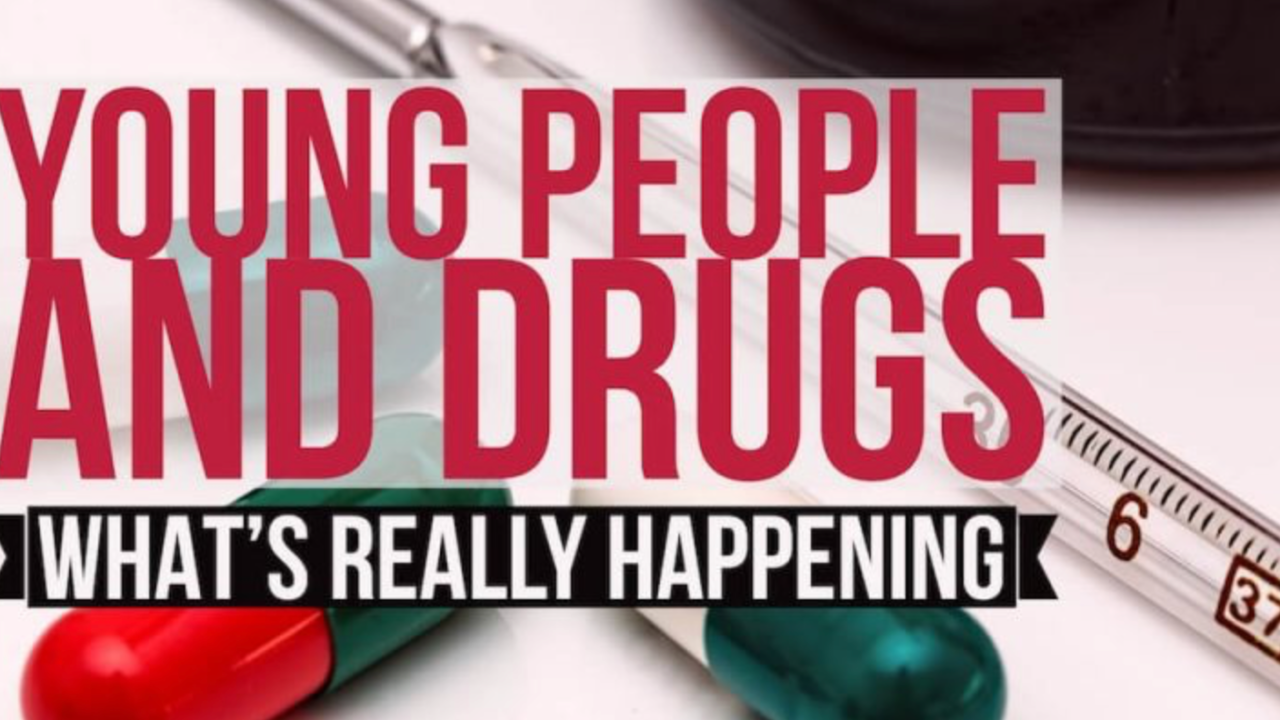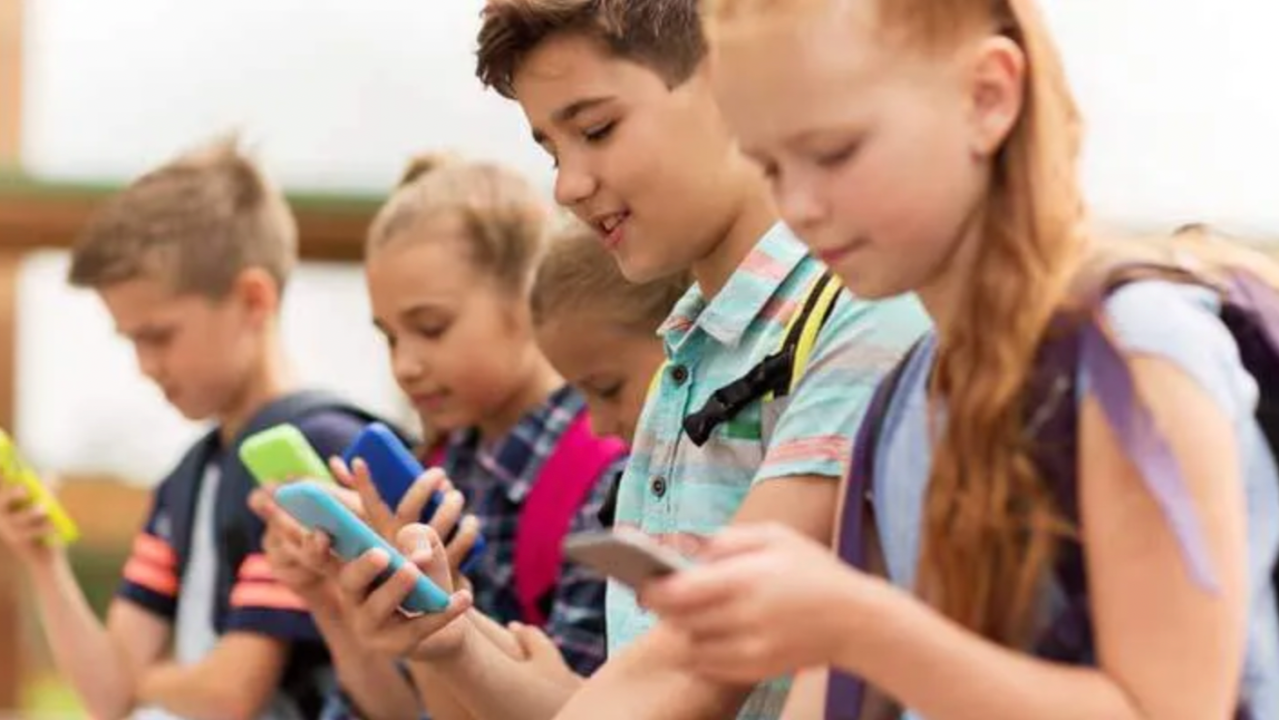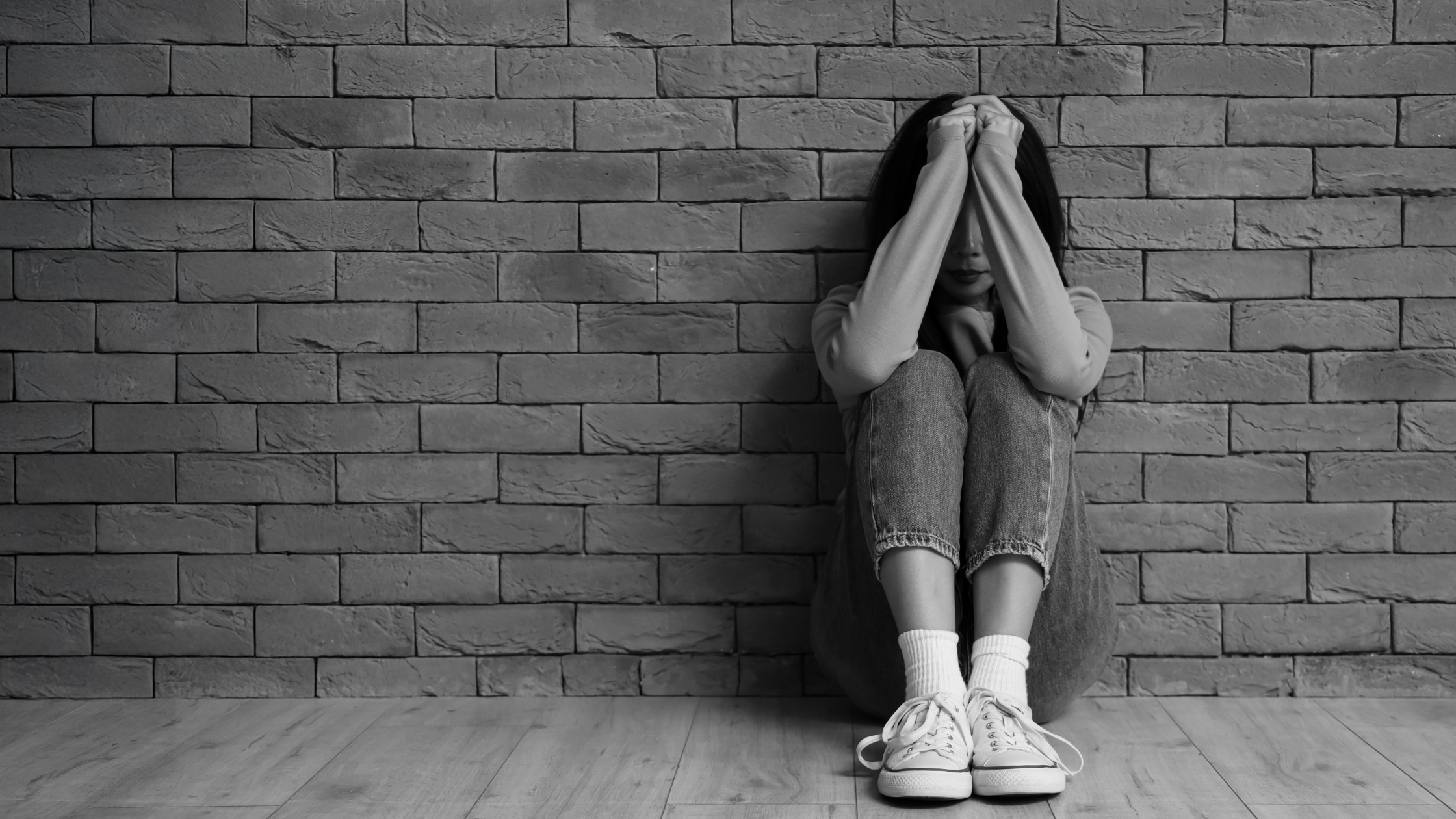In the Press
Featured
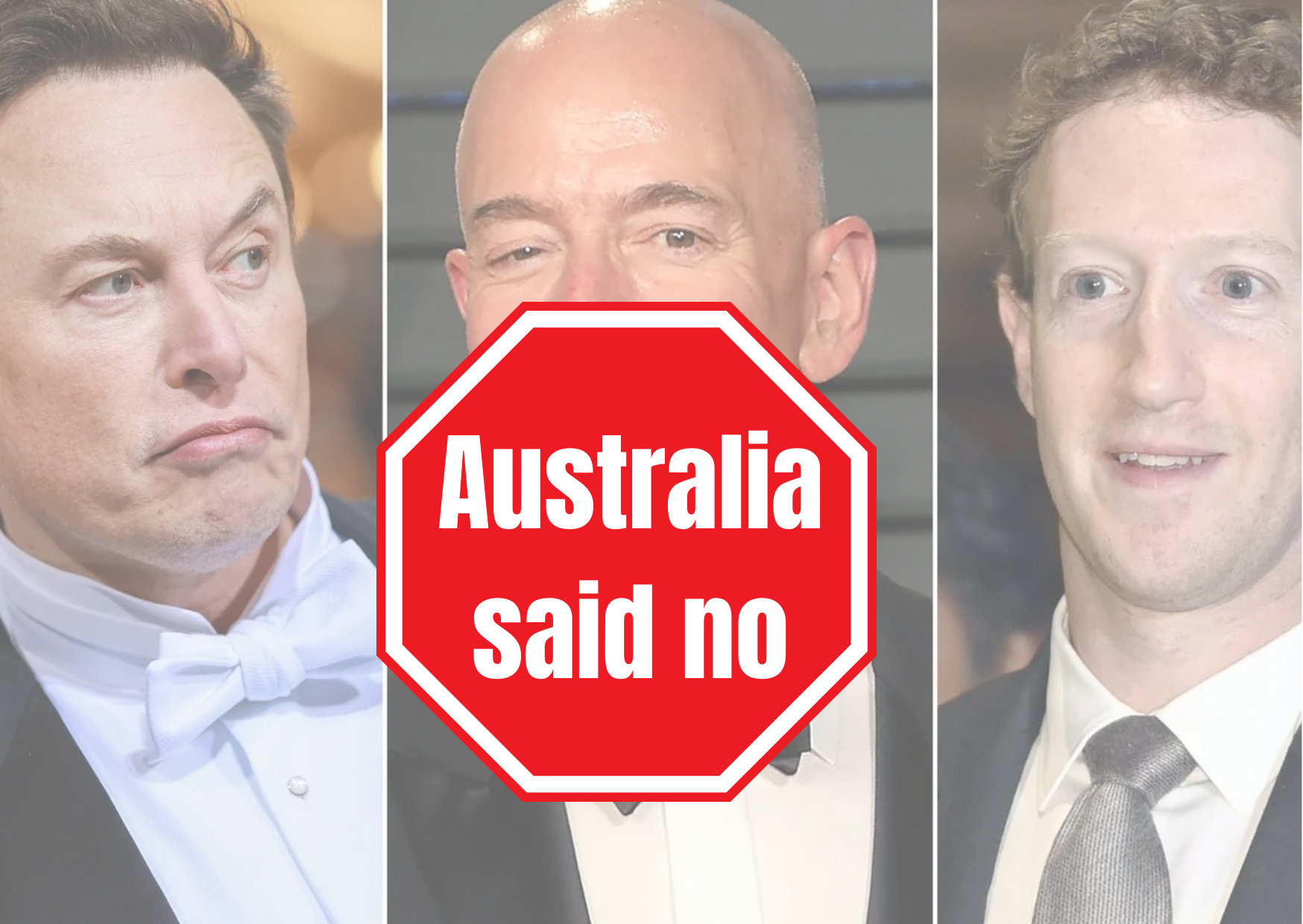
Australia Said No to big tech.
Four months after her estranged father took his own life, a 15-year-old girl sits across from me in my consulting room. She doesn’t cry. She doesn’t rage. She doesn’t ask why. She simply tells me she’s tired.
On December 10, Australia will take one of the most significant steps in child protection we’ve seen in decades: banning social-media platforms from allowing under-16s to create or maintain accounts.
